Since its debut, Bluetooth has transformed the way we communicate wirelessly. We're no longer bothered by cables to enjoy high-quality music.
Wireless music may now be enjoyed in near-lossless quality thanks to advances in Bluetooth streaming technology and audio compression codecs.
In recent years, various audio codecs have emerged, complicating the landscape. To make things easier, we've created this article to explain Bluetooth codecs and provide insights into the various audio codecs you should be aware of.
What does the codec mean
Codecs are compression technologies that facilitate efficient data transport. They simplify the procedure by combining a file compression encoder and a decompression decoder.
Codecs are important in defining how content is transferred via Bluetooth from sources such as smartphones, tablets, or laptops to headphones.
The goal is to provide high-fidelity signal transmission while minimizing bit rate. This optimization minimizes space and bandwidth requirements for storage and playing.
A lower bit rate causes more compression and lower audio quality, whereas a higher bit rate lessens compression, resulting in higher audio quality.
Terminology of Bluetooth audio codecs
To understand how Bluetooth audio codecs function, first grasp the following concepts.
- Sample Rate(Hz): It is the number of data points per second in an audio file is referred to as its sample rate (Hz). It describes the frequency at which an analog signal is conveyed.
- Bit Depth (-bit): It is the number of bits per audio sample determines the file's resolution. CD quality is 16-bit, whereas DVD and Blu-ray provide 24-bit.
- Bit rate (kbps): It is the number of bits processed per unit of time, measured in seconds. Typically measured in kilobits/second or megabits/second.
- Latency: It is the lag that occurs between signal transmission and output.
- Data Rate: It is the amount of data transmitted each second.
- Sampling depth: It is the resolution of sound data that is stored in files.
These terms will help you understand how audio codecs function and how they differ from one another. Basic codecs are described below to help you select how lossless your connection will be.
Common Bluetooth Audio Codecs
1. SBC
The SBC audio codec, or "Sub-band Codec," is a necessary default codec found in all wireless headphones. It is an essential component of the Advanced Audio Distribution Profile. Despite its extensive use, SBC's compression approach frequently causes severe quality deterioration.
In wireless connections, SBC may attain a maximum of 345 kilobits per second at 48KHz. SBC was initially designed to provide acceptable audio quality at moderate bit rates, but it now promotes streaming simplicity.
However, this simplicity is at the expense of data loss, with a maximum rate of 320kbps. As a result, it is not suitable for high-quality music streaming.
Additionally, SBC connections are prone to quality drops, which is a significant disadvantage. Headphones outfitted solely with the SBC codec might not deliver peak sound performance.
2. AptX (HD), AptX, AptX LL
If your headphones are compatible with aptX or aptX HD, you can expect superior audio quality. Developed by Qualcomm, this codec, short for "Audio Processing Technology," ensures top-notch audio experiences.
The aptX HD variant accommodates resolutions of up to 24 bits, boasting a maximum bitrate of 567 kilobits per second at a sampling rate of 48 kHz.
AptX has a maximum bitrate of 384 kilobits per second at a 48KHz sampling rate and a 16-bit sampling depth.
Both AptX and AptX HD have latency ranging from 170 to 270 milliseconds. However, Qualcomm's AptX LL (Low Latency) delivers astonishingly low latencies of up to 40 milliseconds, making it ideal for gaming headsets and musical instruments.
Arylic H50 Airplay2 amplifier supports Aptx-LL.
One major disadvantage is that Apple does not support this codec. While AptX is compatible with iPhones, there is no enhancement in sound quality.
AptX Lossless is also available, promising even greater audio fidelity.
Arylic B50 Bluetooth amplifier supports Aptx-HD.
3. AptX Lossless
In September 2021, Qualcomm revealed the AptX Lossless codec, which aims to produce lossless audio streams of CD quality. It supports 44.1KHz at 16 bits, making it suitable for premium audio streaming providers.
However, its functioning requires support from both the mobile device and the headgear, which was introduced in late 2021.
4. AptX Adaptive
As a replacement to AptX, which isn't found in many headphones on the market, this codec is adaptable and capable of easily switching between the benefits of different AptX standards. It introduces a low-latency mode, which is suitable for mobile gaming and movie watching.
With a remarkable data rate ranging from 279 to 420 kilobits per second and a stipulated latency of 80 milliseconds, it also provides backward compatibility.
For instance, Arylic BP50 preamplifier supports aptx-AD.
5. AAC
AAC (Advanced Audio Codec) is a common codec on iPhones and iPads, as well as Android smartphones and PCs. With quality of up to 320 kilobits per second at 24-bit and 96KHz, AAC's appeal is clear.
AAC optimizes file transfer by taking into account what listeners might sense while compressing using psychoacoustic models.
For iOS device users, AAC-compatible headphones are highly recommended.
Final Thoughts: Is there a best audio codec?
In today's competitive environment, everyone strives for greatness, and this situation is no exception. That's why specifications and features are thoroughly inspected and compared to choose the best of the bunch.
However, some questions remain unanswered, with codec selection being one such enigma. Each codec has unique strengths and disadvantages, making it impossible to proclaim a clear winner.
AptX HD provides a well-balanced compromise between distribution and compression, however Apple customers are excluded from this option.
As a result, codecs play an important role and should be carefully addressed while choosing the best headphones for your needs.

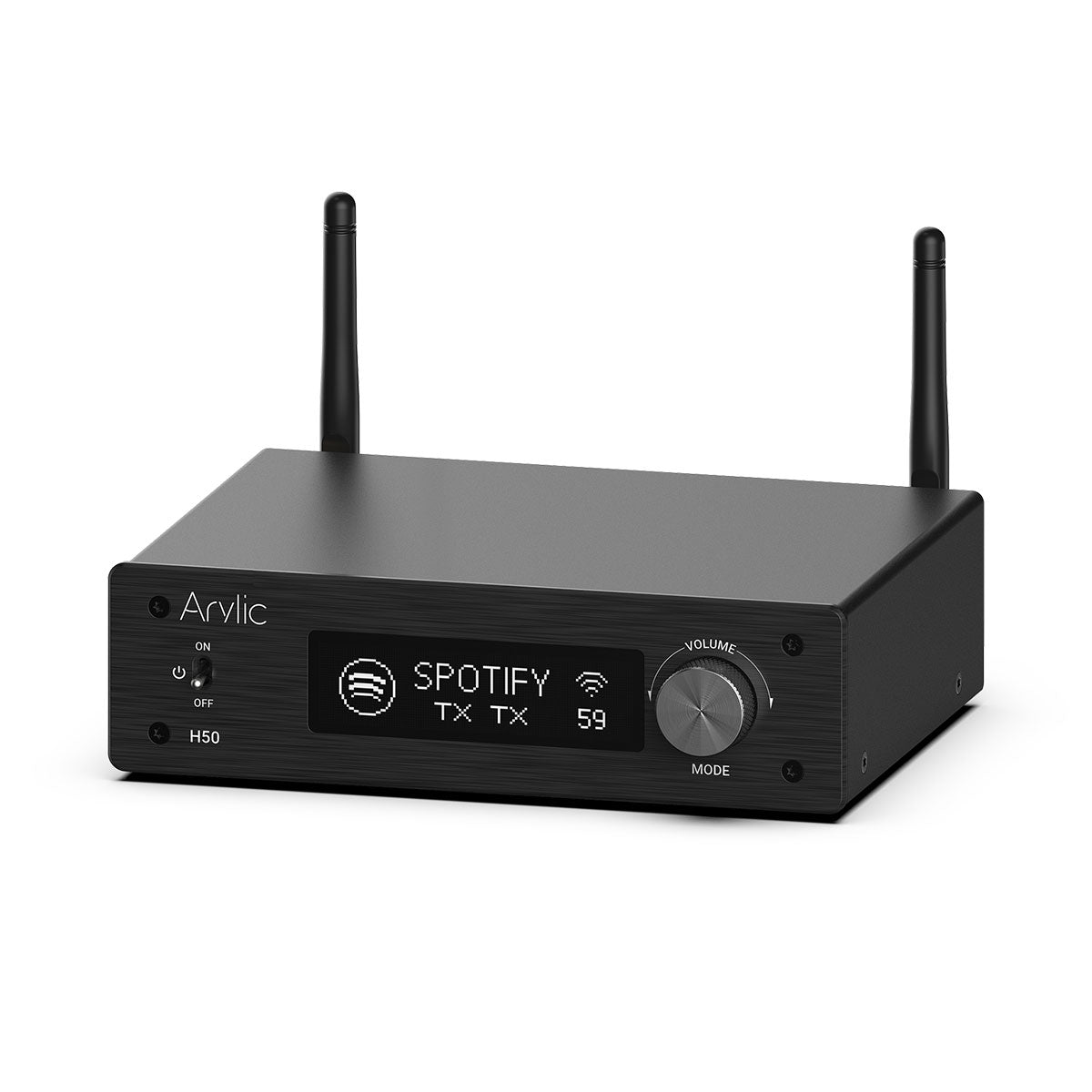

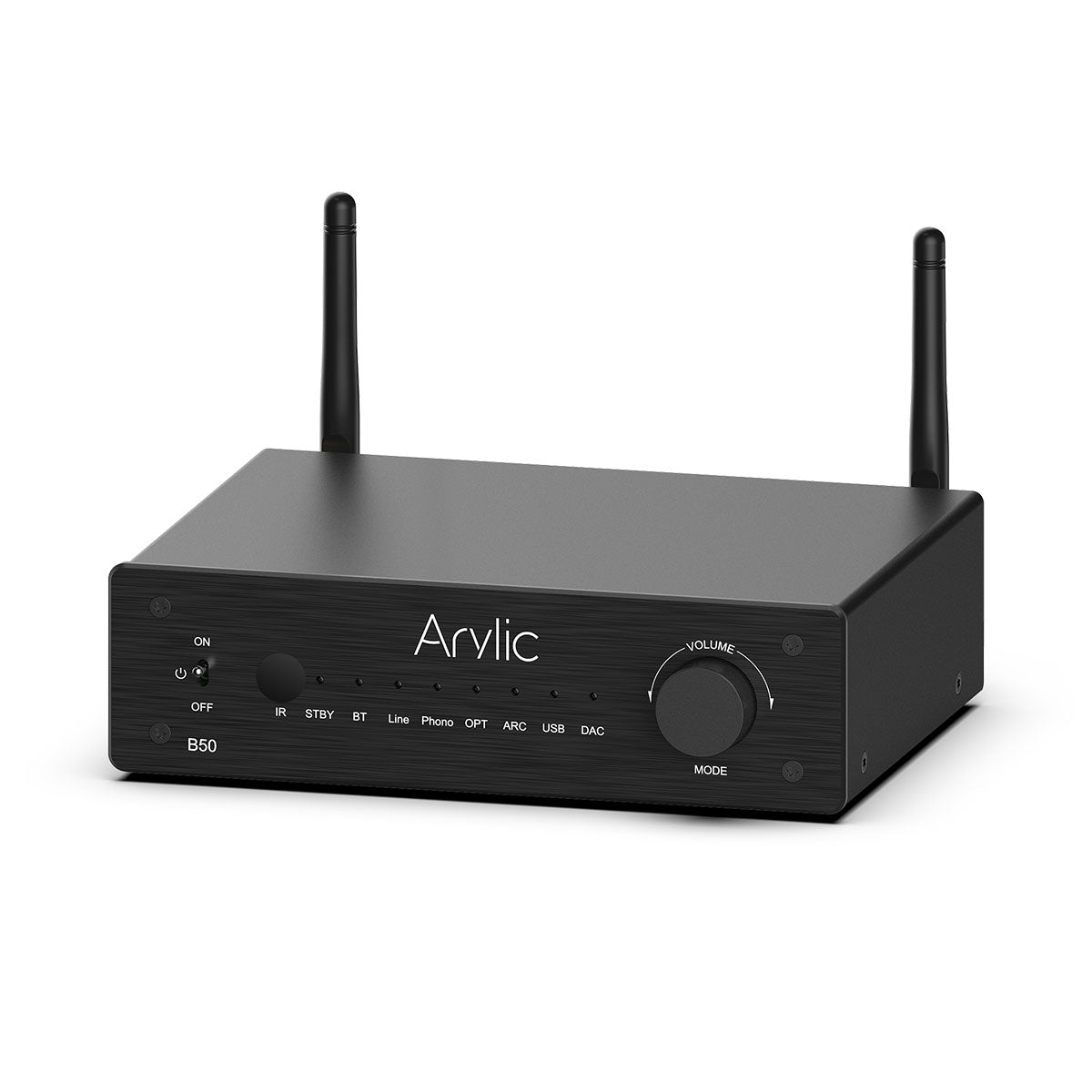
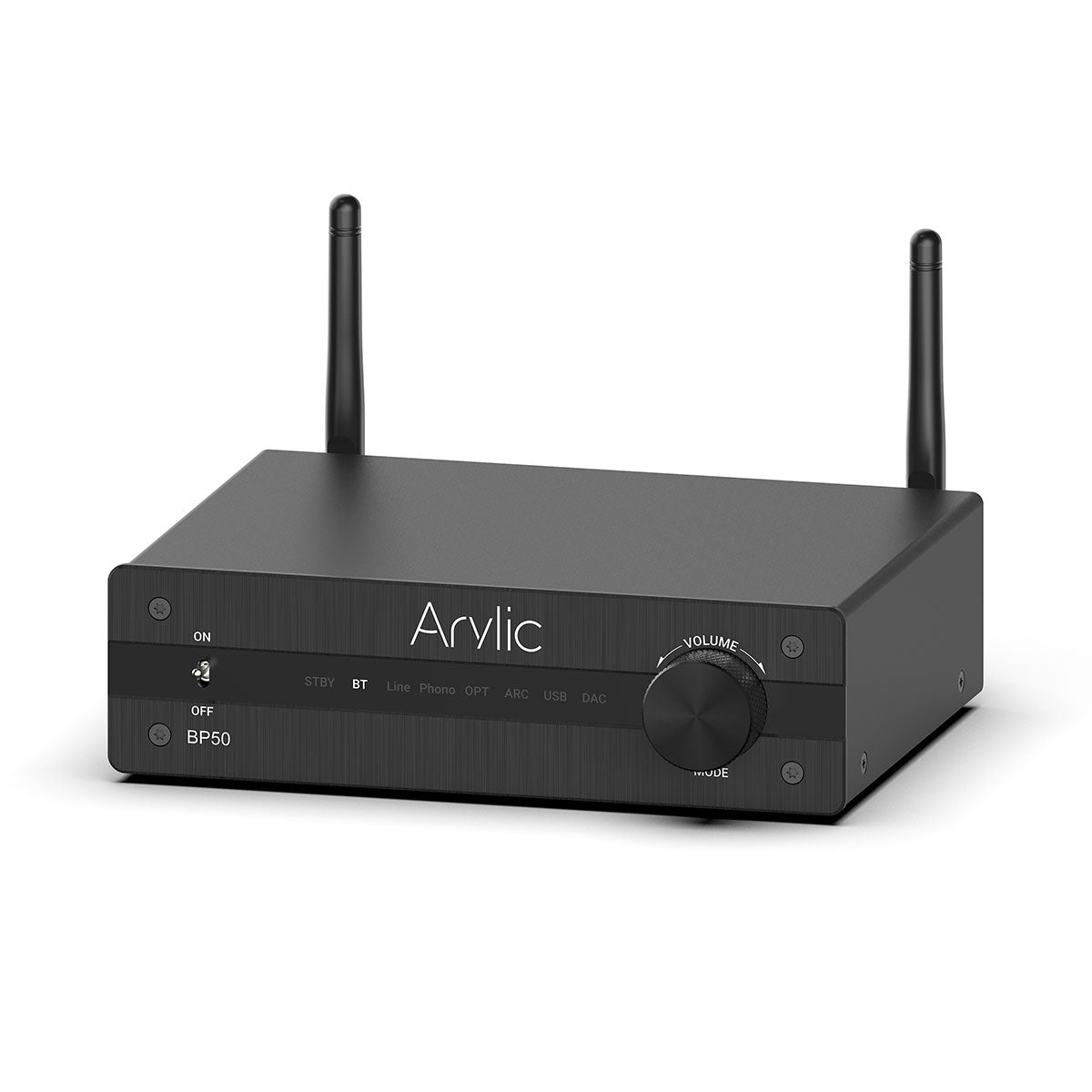
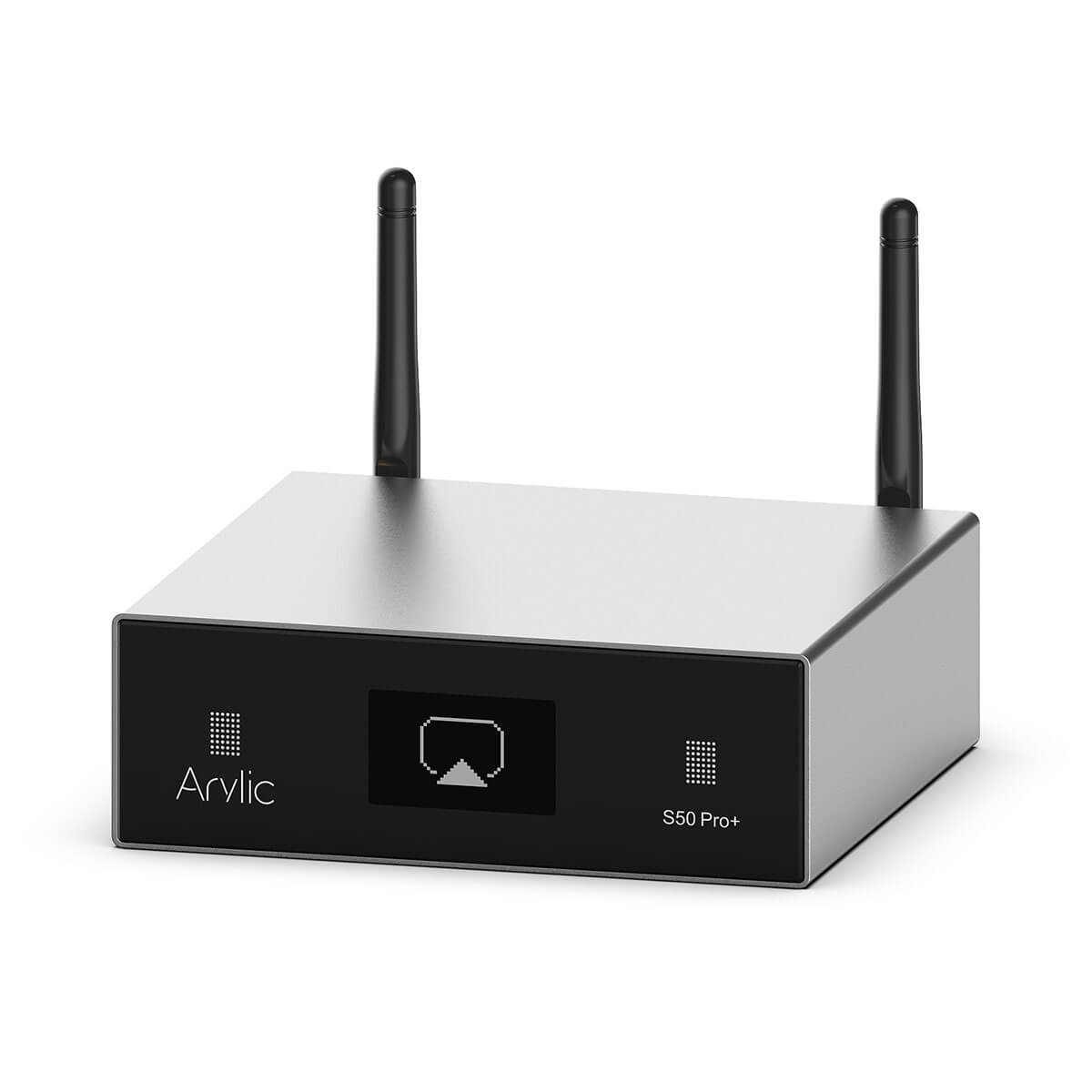
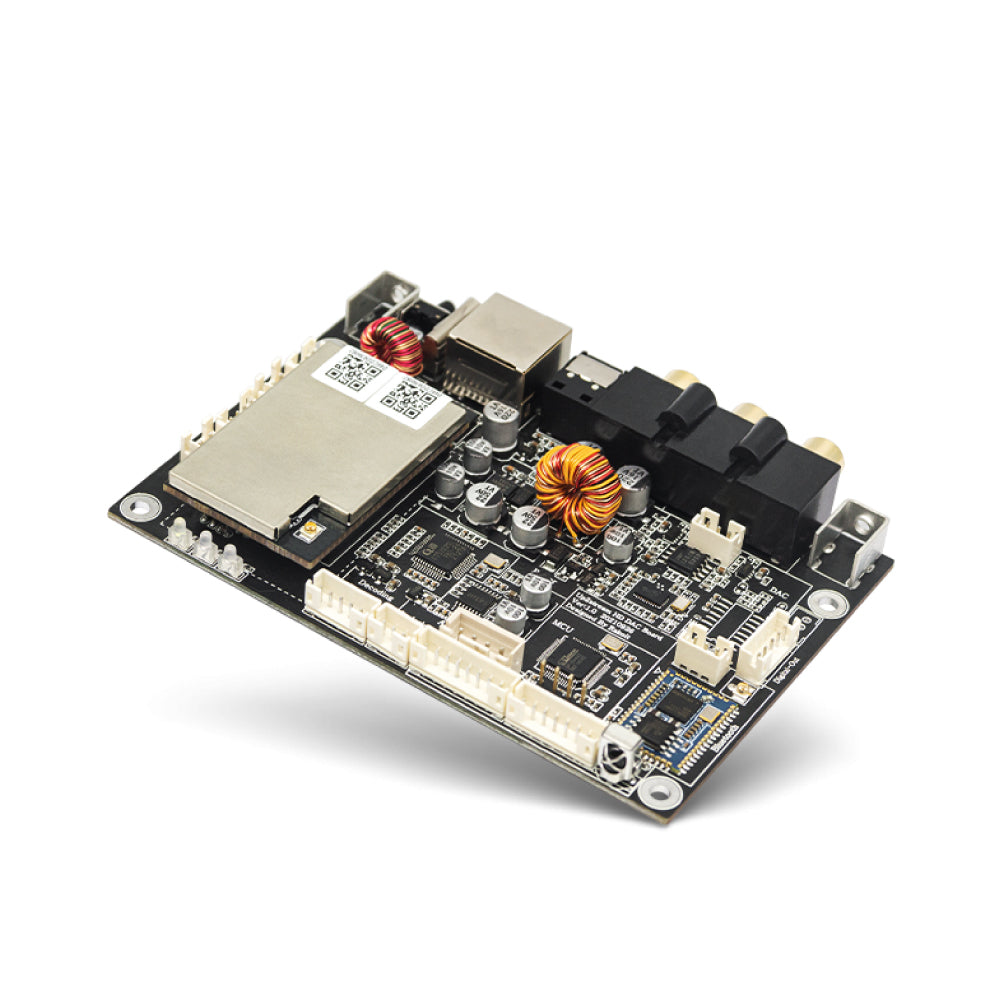
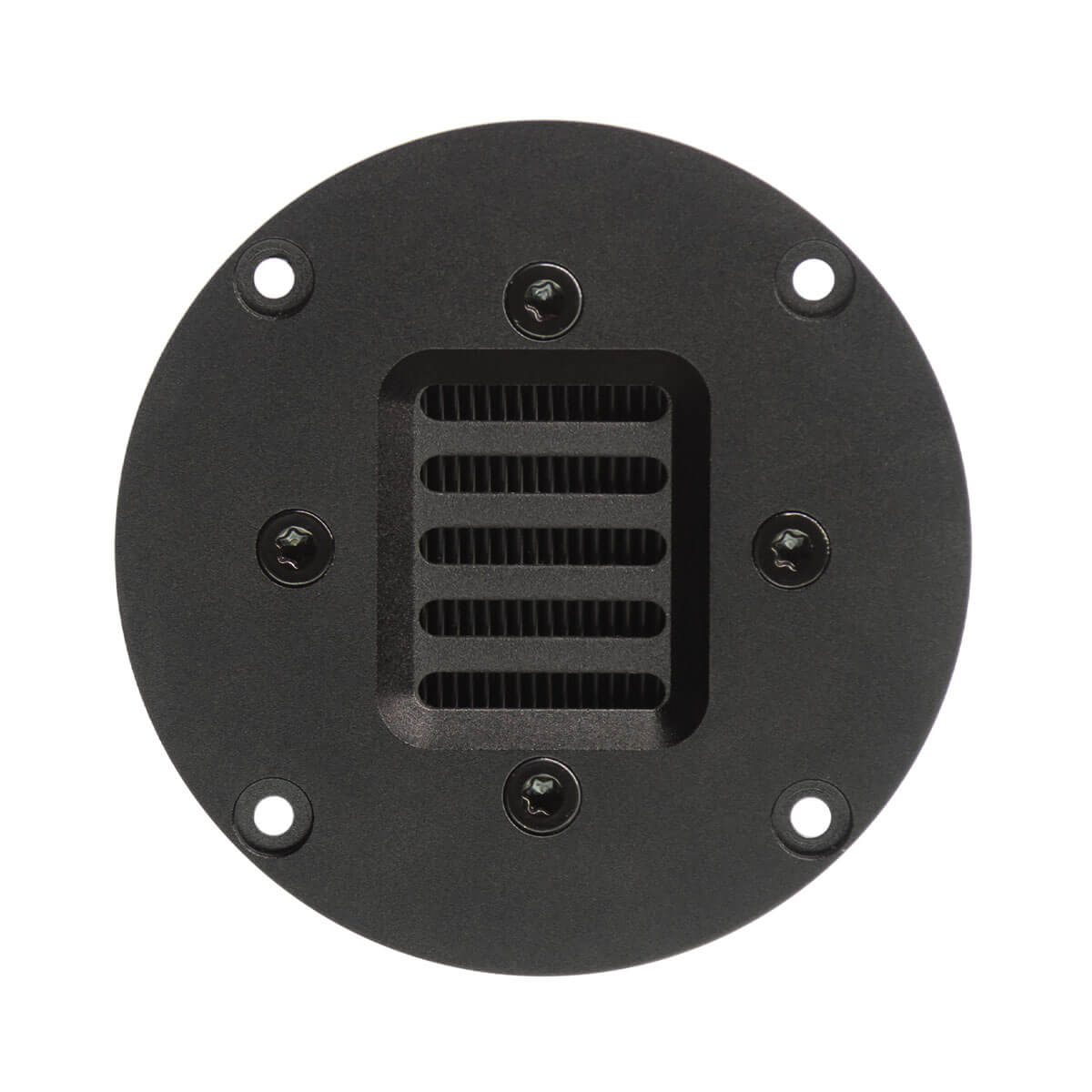

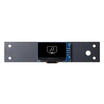
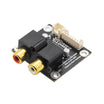
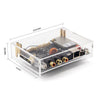
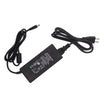
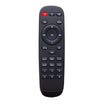
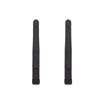

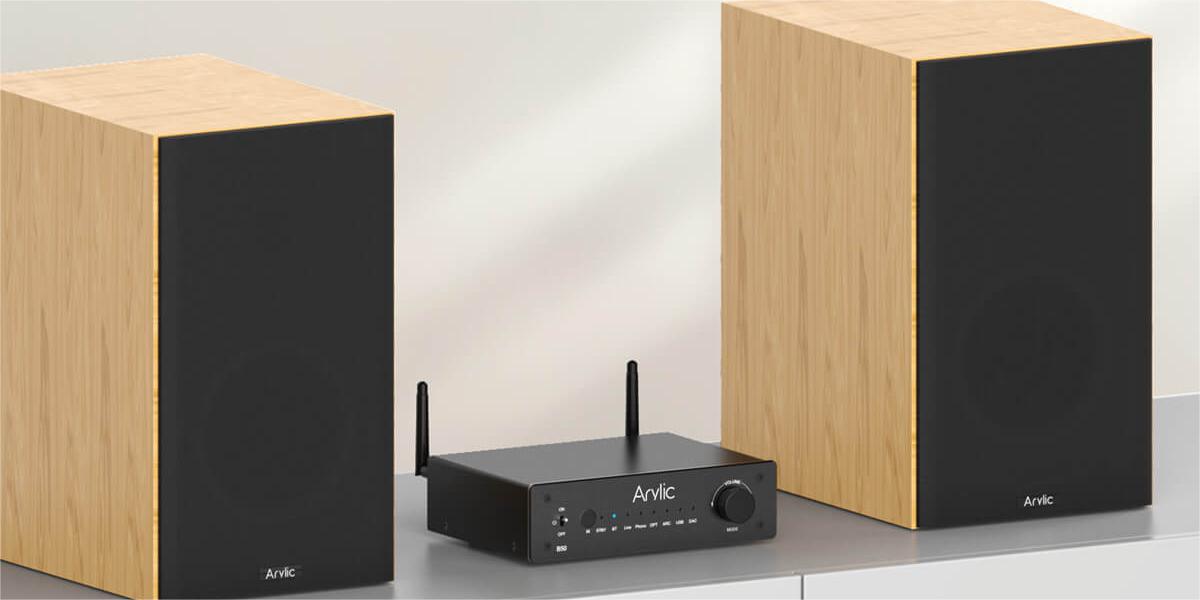
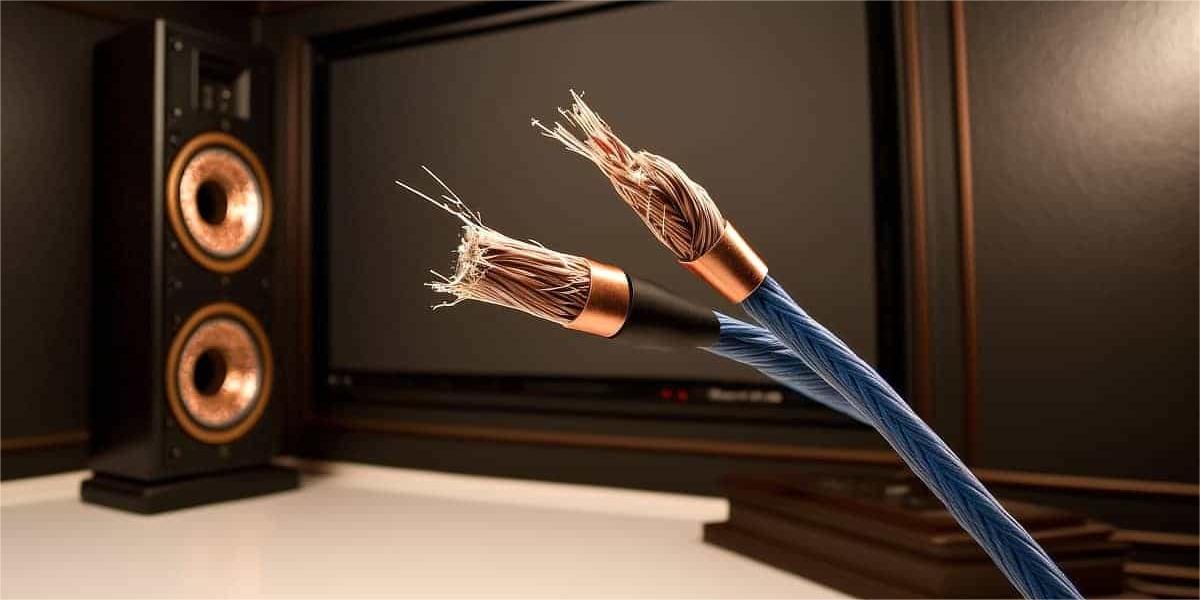
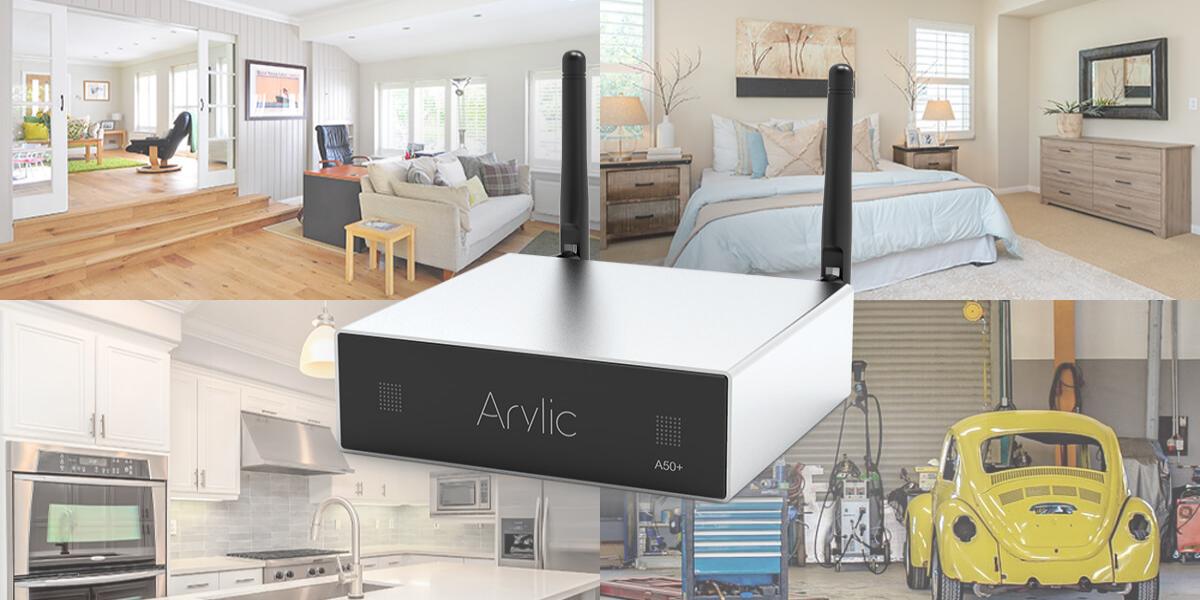
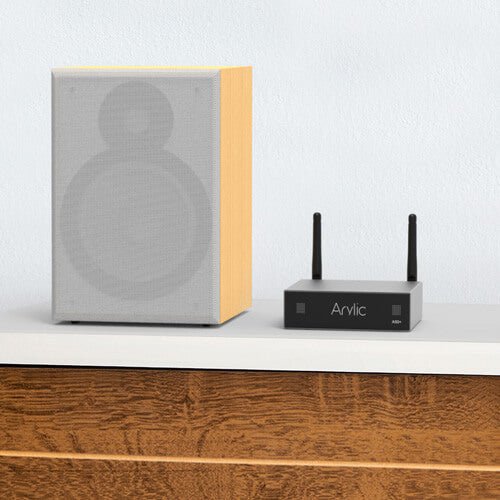
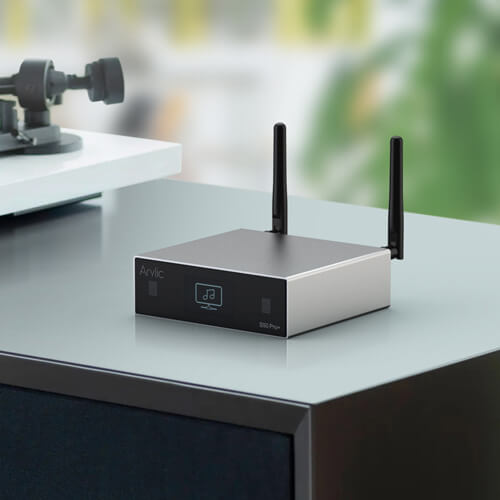
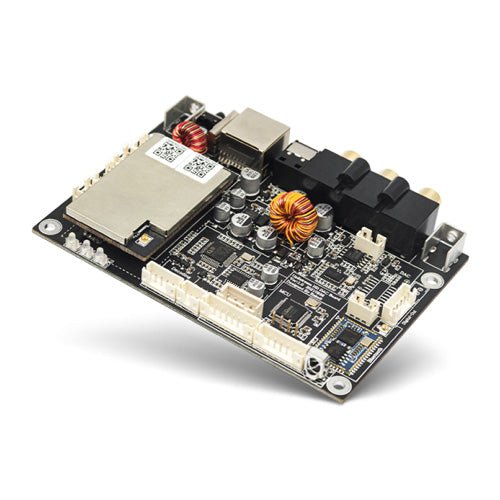















Leave a comment
All comments are moderated before being published.
This site is protected by reCAPTCHA and the Google Privacy Policy and Terms of Service apply.